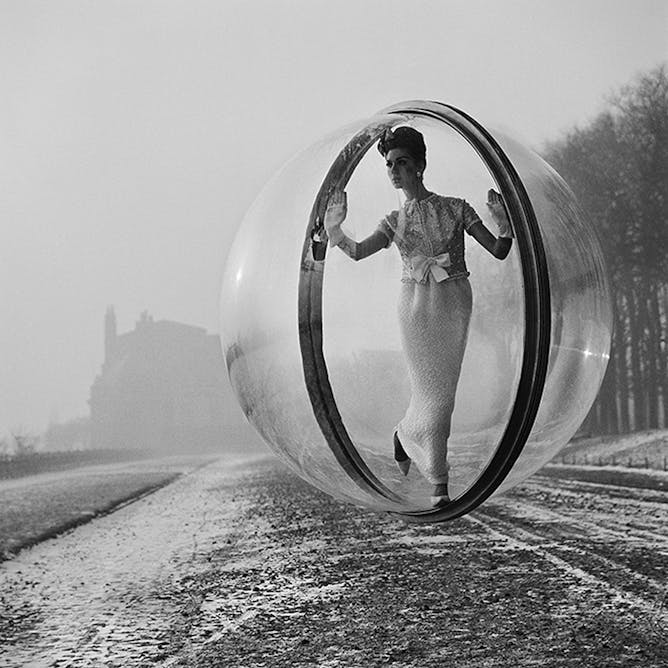|
Asperger’s Disorder is a term that has gained traction in society, but it might surprise you to learn the American Psychiatric Association has recently removed the term from clinical use because it is often misdiagnosed. Today in The Conversation Canada, Adam McCrimmon of the University of Calgary explains the debate going on among Asperger’s researchers about how the syndrome should be diagnosed.
Elizabeth Dubois of the University of Ottawa has teamed up with Grant Blank of the University of Oxford to do research on the so-called “echo chamber” phenomenon. “There is a common fear that people are using social media to access only specific types of political information and news,” they write. “The echo chamber theory says people select information that conforms to their preferences.”
Lorenzo De Vidovich of York University looks at the importance of transit infrastructure - rather than continuing to build new roads and highways - in developing surburban areas.
And finally, if you were a fan of the 2003 TV show Queer Eye for The Straight Guy, Stefanie Duguay of Concordia University tells us that a new version of Queer Eye has returned to Netflix and notes the differences between the original series and the new one.
Regards,
|

In 2013, the American Psychiatric Association stopped using the clinical term Asperger’s syndrome, grouping the condition with other forms of autism under the term ‘Autism Spectrum Disorder.’
(Shutterstock)
Adam McCrimmon, University of Calgary
As awareness of Asperger's syndrome has risen within popular consciousness and culture, it has faded from clinical use.
|

There are widespread fears that so-called echo chambers and filter bubbles are leading to political polarization that poses a danger to democracy. But are the fears unfounded?
(Melvin Sokolsky/1963 via Creative Commons)
Elizabeth Dubois, University of Ottawa; Grant Blank, University of Oxford
Despite fears that so-called echo chambers are causing political polarization, a new study suggests it's not the case.
|

A woman is helped out of the wrecked car of a train that derailed at the station of Pioltello Limito, on the outskirts of Milan, Italy, Thursday, Jan. 25, 2018.
(AP Photo)
Lorenzo De Vidovich, York University, Canada
The development of suburban infrastructure depends on political, technical and financial priorities. A train derailment in an Italian suburb has highlighted the need to retrofit infrastructure.
|

Queer Eye has made some strides. In this new version, the producers have addressed broader issues of gender, race, religion and politics than before. However, the show as before, showcases consumerism as the way to a better life.
(Netflix)
Stefanie Duguay, Concordia University
The new Queer Eye has viewers hooked on its emotional ride through men's lives, aiming to embrace diversity and counter toxic masculinity. Yet its focus on consumerism threatens its lofty ideals.
|
Business + Economy
|
-
William Hauk, University of South Carolina
President Trump slapped steep tariffs on steel imports, echoing protectionist measures taken by Bush in 2002.
|
|
Health + Medicine
|
-
Laurie Mintz, University of Florida
Research demonstrates a two-way relationship between sleep problems and sexual problems, as well as between satisfying sex and sound sleep. If you want better sex, you need better sleep.
|
|
Culture + Society
|
-
James Jacobs, New York University
Florida does not have a 'red flag' law that would have let police seize Nikolas Cruz's guns before he killed. But there are actions law enforcement could have taken to address his murderous impulses.
|
|